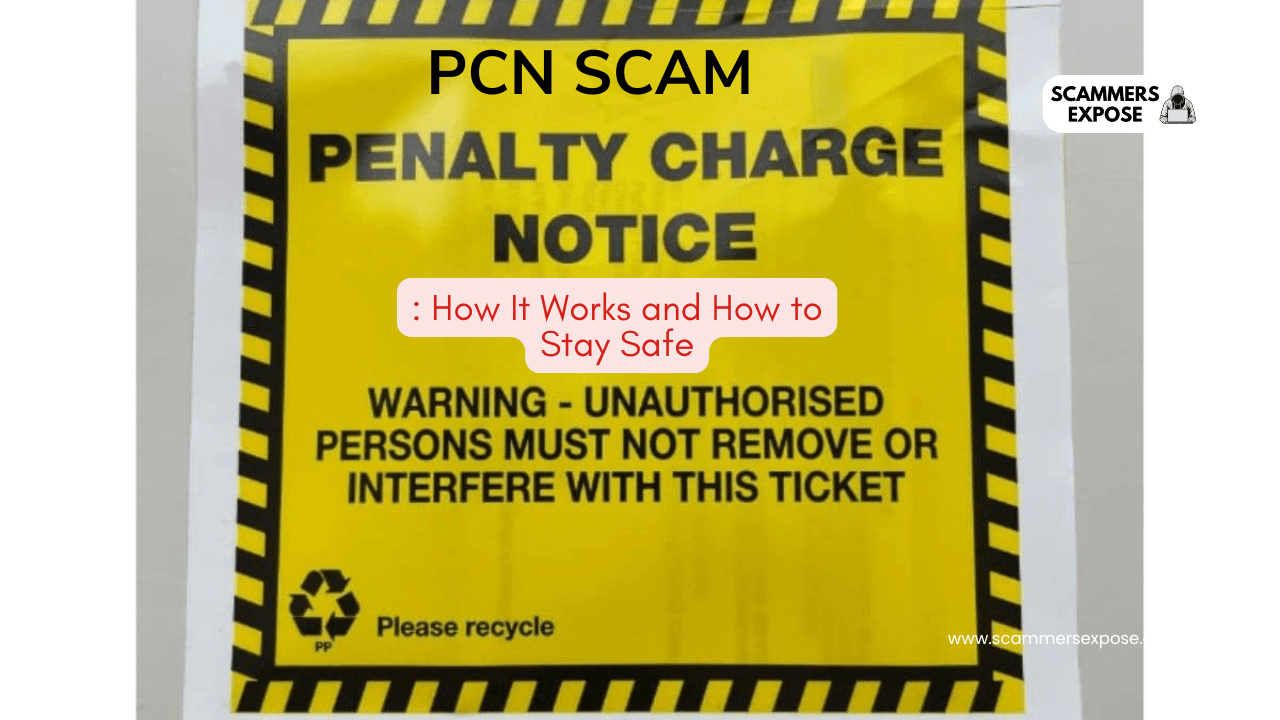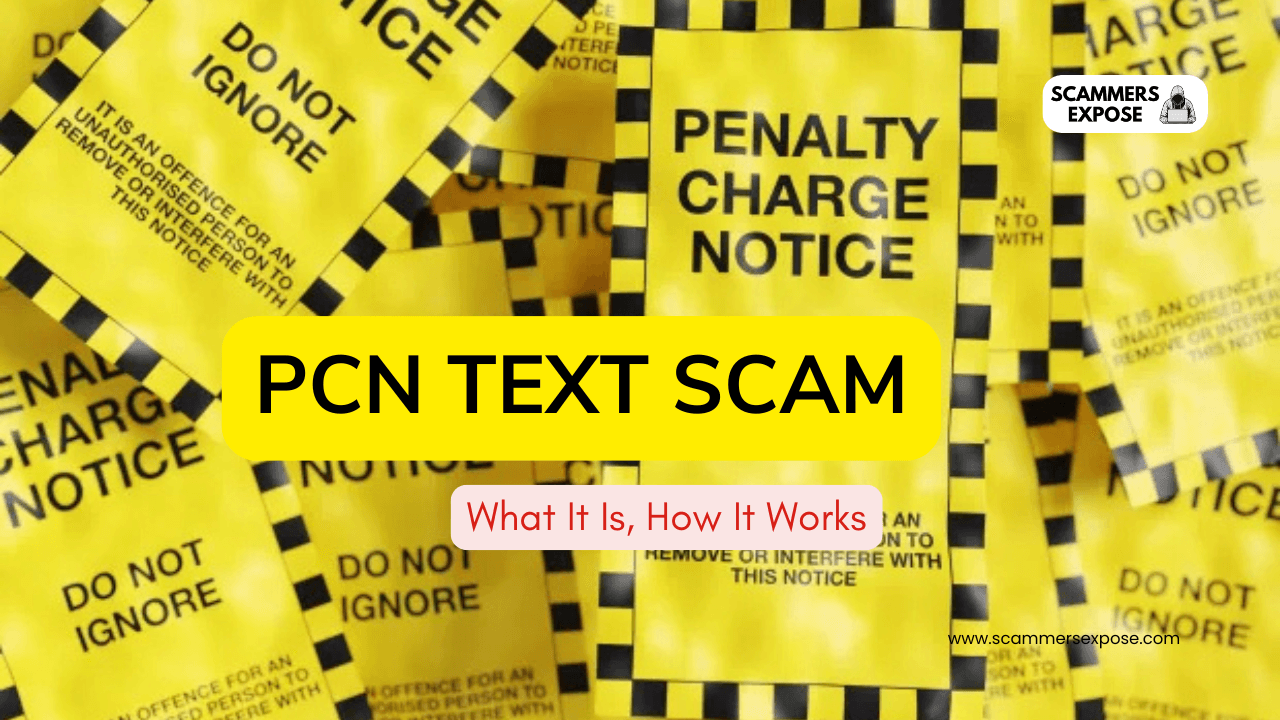The ANZ Class Action Scam has raised significant concerns among potential claimants, with many unsure how to distinguish legitimate lawsuits from fraudulent ones. As scammers become more sophisticated, understanding the red flags and taking necessary precautions is essential. In this blog post, we’ll uncover five shocking facts that every potential claimant should know to avoid being deceived by scam tactics. Stay informed and protect your rights.
Understanding the ANZ Class Action Lawsuit: Is It Legitimate?
The ANZ Class Action Scam has raised concerns among many potential claimants, making distinguishing between legitimate lawsuits and fraudulent schemes essential. Understanding the legitimacy of the ANZ class action lawsuit is critical before joining or filing a claim.
What Is a Class Action Lawsuit?
A class action lawsuit allows individuals with similar grievances to file a collective claim against a defendant, in this case, ANZ. These lawsuits often arise from corporate misconduct, deceptive practices, or issues affecting many customers or stakeholders.
- Class actions can be legitimate legal proceedings where plaintiffs seek compensation for wrongdoings.
- However, the process can attract scammers who prey on individuals seeking to join these lawsuits, leading to confusion and fear of involvement in an ANZ Class Action Scam.
How to Determine If the ANZ Class Action Is Legitimate
To avoid falling for scams, you must verify the legitimacy of any ANZ class action lawsuit you encounter. Here’s how:
- Check the official website of the law firm or entity handling the case. Reputable firms will provide detailed information about the lawsuit, the claims process, and the timeline.
- Review news sources and legal forums. If trustworthy outlets widely report the class action, it’s a good indication of its legitimacy.
- Consult with legal professionals or the Australian Securities and Investments Commission (ASIC) for guidance on ANZ class actions.
These steps can help you identify whether the lawsuit is legitimate or potentially part of a larger ANZ Class Action Scam.
Red Flags That Indicate an ANZ Class Action Scam
While some class actions are valid, watching out for potential scams that exploit people’s trust is essential. Look out for these warning signs:
- Unsolicited emails or calls claiming you’re automatically part of an ANZ class action and urging you to provide personal information.
- Requests for upfront payments before you can join the lawsuit. Legitimate class actions typically don’t require any initial fees.
- Lack of transparent information about the case, lawyers, or participating claimants. Details may be part of an ANZ class action lawsuit scam if details are vague or inconsistent.
Common Scams Related to Class Action Lawsuits: What to Watch For
As class action lawsuits like the ANZ Class Action Scam gain attention, scammers increasingly find ways to exploit the system. Understanding the common scams related to class action lawsuits is crucial to avoiding fraud.
What Are Class Action Scams?
Class action scams occur when fraudsters impersonate law firms or legal entities, pretending to involve you in a class action lawsuit. They use deceptive tactics to steal personal information or money from unsuspecting individuals who believe they are eligible for compensation from legitimate class actions.
- These scams often involve false claims about ongoing lawsuits, such as the ANZ Class Action Scam, to gain trust and manipulate victims.
- Victims believe they must pay fees upfront or provide personal information to join the lawsuit.
Key Signs of a Class Action Scam
Recognizing the signs of a class action scam can save you from financial loss or identity theft. Be on the lookout for:
- Unsolicited communication – Scammers often contact victims via phone, emails, or social media, claiming they are automatically included in a lawsuit like the ANZ case.
- Pressure to provide personal information – Be cautious if you are asked to share sensitive details such as your Social Security number, bank account information, or credit card details. Legitimate class actions do not require such information upfront.
- Upfront fees or legal costs – One of the most common scams involves asking for money before you can join the class action. Reputable law firms will not request payment before you receive compensation from a legitimate lawsuit.
These red flags often accompany fraudulent attempts to mimic class actions, such as the ANZ Class Action Scam.
Examples of Class Action Lawsuit Scams
Here are some of the most common scam tactics used in the context of class action lawsuits:
- Fake settlement notices – You might receive a letter or email stating that you are eligible for a significant settlement from the ANZ class action lawsuit, but only if you provide payment first.
- Phishing attempts – Scammers may send emails designed to look like they’re from a law firm handling the ANZ class action. These emails often contain malicious links to steal your login credentials or other private information.
- Impersonation of lawyers or law firms – Scammers might claim to represent the legal team handling the ANZ class action lawsuit but will refuse to provide verifiable details.
How to Protect Yourself from Class Action Scams
To avoid becoming a victim of scams, especially related to the ANZ Class Action Scam, follow these best practices:
- Verify the law firm – Research the law firm or lawyer claiming to handle the case. Check their credentials on legal directories and official websites.
- Look for official communications – Legitimate class action lawsuits will provide clear information via registered law firms or court-approved channels, not unsolicited emails or phone calls.
- Contact the law firm directly – If you receive any suspicious communication about the ANZ class action lawsuit, contact the firm directly using a verified phone number or email found on their official website.
How to Verify ANZ Class Action Claims and Avoid Scams
With increasing concerns about the ANZ Class Action Scam, knowing how to verify the legitimacy of class action claims before taking any steps is essential. Scammers often target potential claimants with misleading or fraudulent information, so verifying these claims can help you avoid falling victim to a scam.
Why Verifying ANZ Class Action Claims is Important
Many people are unaware that fake class action lawsuits, such as the ANZ Class Action Scam, exist. These fraudulent schemes can result in significant financial loss and identity theft. Verifying the legitimacy of any claim related to ANZ class actions can help you protect yourself from becoming a victim.
Steps to Verify ANZ Class Action Claims
To confirm whether an ANZ class action lawsuit is legitimate, follow these essential steps:
- Research the case online – Use official sources such as news outlets or legal websites to look up information on the ANZ Class Action Scam or any other ANZ-related lawsuits. Ensure that trustworthy sources report the case and has credible backing.
- Check for court filings – Legitimate class action lawsuits are often filed in courts, and these filings can be accessed online. You can check public court records to verify if an ANZ class action case has been filed officially.
- Contact the law firm directly – If you receive information about an ANZ class action, contact the law firm handling the case to confirm its legitimacy. Use official contact information from the law firm’s website, not from unsolicited emails or calls.
- Verify settlement offers – Legitimate class actions will only distribute settlements after adjudicating the case. If you receive a settlement offer before settling the case, it could be part of an ANZ Class Action Scam.
Signs of a Legitimate ANZ Class Action Claim
When dealing with any potential class action claim, there are several indicators that the lawsuit is genuine:
- Clear and transparent communication – Legitimate lawsuits provide detailed information about the legal process, including how and when you can join the lawsuit, what to expect, and who is eligible.
- Verified legal representation – The law firm representing the class action will be well-known and have verifiable credentials. Look for lawyers with experience in handling class actions related to financial institutions, such as ANZ.
- No upfront fees – Legitimate class action lawsuits will not ask for upfront fees or payments from potential claimants. If someone requests money in advance, it’s likely part of an ANZ Class Action Scam.
Avoiding Scams When Filing Class Action Claims
While verifying the legitimacy of ANZ class action claims, you should also be aware of the tactics scammers use. To avoid becoming a victim, consider the following:
- Be cautious of unsolicited offers – If someone reaches out to you unexpectedly, claiming you are part of an ANZ Class Action Scam, it’s a red flag. Always verify these offers through official channels.
- Don’t share personal information – Scammers often ask for sensitive details like your banking information, Social Security number, or credit card details. Legitimate law firms will not request this information upfront.
- Verify the law firm’s website – Scammers may create fake websites to impersonate real law firms. Always ensure you are visiting the official website of the law firm handling the ANZ class action lawsuit by checking the URL and contact details.
ANZ Scam Class Action Update 2024: What’s New This Year?
As 2024 unfolds, updates surrounding the ANZ Class Action Scam have become essential for potential claimants to understand. This year has introduced several key developments regarding class actions involving ANZ, especially in light of growing concerns about scams and fraudulent claims. Staying updated on these changes is crucial to avoiding fraud and ensuring you make informed decisions about joining any class action lawsuits.
Latest Developments in ANZ Class Action Lawsuits
With the growing awareness of the ANZ Class Action Scam 2024 has brought new updates regarding ongoing cases. Here’s what you need to know:
- Increased scrutiny on class actions – Due to previous reports of scams and fraudulent lawsuits, authorities have heightened their monitoring of class action lawsuits, including those against ANZ. This increased oversight protects potential claimants from being misled by scams.
- New eligibility criteria – Some class actions involving ANZ have updated their eligibility criteria, clarifying who can join the lawsuit. These criteria are strictly defined to prevent fraudulent claims, which were a concern in earlier years.
- Tighter regulations on legal advertisements – In response to the ANZ Class Action Scam, regulators have imposed stricter rules on how law firms and third parties advertise class actions. This move aims to curb misleading ads that often lure potential claimants into scams.
How Scammers Are Evolving in 2024
Scammers continue to adapt their tactics, making it even more important to stay aware of potential risks when dealing with any class action, especially those involving ANZ. Key scam trends to watch for in 2024 include:
- Sophisticated phishing schemes – Scammers are creating highly convincing emails and websites that appear to be associated with legitimate law firms handling the ANZ Class Action Scam. These phishing attempts are designed to steal personal information or trick victims into providing sensitive data.
- Fake social media accounts – Fraudsters now use social media platforms to impersonate legal representatives or create fake support groups for class action lawsuits. They use these accounts to spread misinformation about the ANZ class action and manipulate users into disclosing personal information.
- Unverified third-party claims services – Be cautious of third-party services claiming to represent you in the ANZ class action lawsuit. Scammers may offer to handle your case in exchange for upfront fees, promising large settlements that never materialize.
How to Stay Safe in 2024
To protect yourself from falling victim to the ANZ Class Action Scam this year, follow these best practices:
- Stay updated with official sources – Always rely on official law firms or government websites for the latest updates about the ANZ class action. Avoid unsolicited emails or phone calls, especially if they pressure you to act quickly.
- Report suspicious activity – If you encounter suspicious communications or websites related to the ANZ Class Action Scam, report them to relevant authorities immediately. This helps prevent others from becoming victims of fraud.
- Avoid third-party claim services – Stick to verified legal channels to file your claim in the ANZ class action lawsuit. If a service is requesting upfront payments or making unrealistic promises, it is likely a scam.
Steps to Safely Join an ANZ Class Action Without Risk
As interest grows around the ANZ Class Action Scam, potential claimants need to understand how to join a legitimate class action without falling prey to scams. Scammers often exploit large-scale lawsuits to deceive individuals, but by following a series of clear steps, you can safely participate in class actions involving ANZ without putting your personal information or finances at risk.
1. Research the ANZ Class Action Lawsuit Thoroughly
Before joining any lawsuit, especially one as prominent as the ANZ Class Action Scam, it’s essential to do your homework:
- Look for reputable sources – Always check legal news outlets, official court records, and law firm websites to ensure that the class action lawsuit is legitimate.
- Verify legal representation – Confirm that a reputable law firm is handling the case by checking the firm’s credentials on legal directories or official websites.
By taking these initial steps, you can avoid falling into traps set by scammers who often disguise fake lawsuits as real class actions.
2. Understand the Eligibility Criteria
Not everyone is automatically eligible to join a class action lawsuit like the ANZ Class Action Scam. It’s crucial to verify that you meet the qualifications for participation:
- Review the criteria – Eligibility criteria are typically outlined by the law firm or the court. For the ANZ case, these could include specific dates of customer interaction with the bank or types of financial products involved.
- Avoid automatic enrollment scams – Scammers may claim that you’re automatically enrolled in the lawsuit. Always verify through legitimate channels before providing any information.
Understanding whether you qualify to join will help you avoid unnecessary complications and scams.
3. Register with the Official Law Firm
Once you’ve confirmed the legitimacy of the ANZ Class Action Scam case and verified your eligibility, the next step is to register your interest with the official law firm:
- Use the law firm’s official website – Ensure you are registering only through verified links or the official law firm’s website handling the ANZ class action. Scammers often set up fake registration forms to steal personal information.
- Avoid third-party registration services – Some fraudulent services claim to handle registration on your behalf but may charge upfront fees or collect sensitive information without permission.
Properly registering with a trusted law firm can ensure you are legitimately part of the class action without falling victim to fraud.
4. Avoid Upfront Fees and Suspicious Communication
One of the hallmarks of a ANZ Class Action Scam is requesting money or personal information before any legal process has been initiated. To stay safe:
- Do not pay any fees upfront – Legitimate class action lawsuits typically do not require any payments to join. If you are asked for money, it’s a strong scam indicator.
- Be cautious of unsolicited communication – If you receive phone calls, emails, or messages about the ANZ class action that you did not initiate, be wary. Always verify the information with the official law firm handling the case.
Following these precautions will help you avoid common pitfalls from scammers looking to exploit legal claimants.
5. Stay Informed Throughout the Process
Finally, it’s essential to stay updated on the progress of the ANZ Class Action Scam lawsuit. By regularly checking for official updates, you can ensure you remain part of the legitimate process:
- Check official updates regularly – The law firm managing the class action should provide consistent updates through emails, websites, or client portals.
- Be aware of new scam tactics – Scammers often adapt their tactics as lawsuits progress. Stay alert to new methods of fraud, such as phishing emails or fake settlement offers.
Visit our news section to stay updated with the latest developments in the case. For more insights into financial fraud and investor protection, visit Scammers Expose.










Leave a Reply